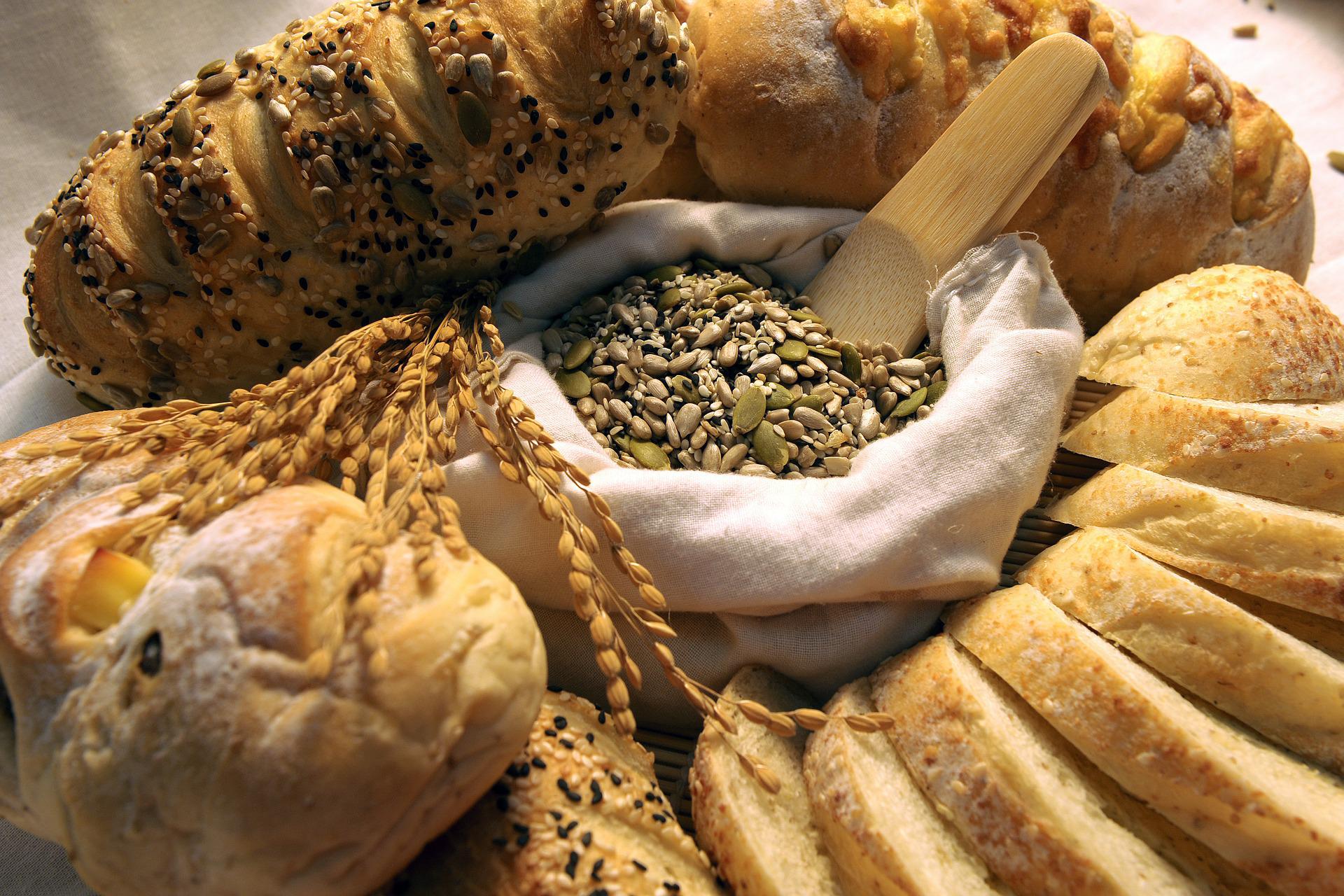
When talking about health and diet, one topic that is certain to arise is carbohydrates (carbs). Along with proteins and fats, carbohydrates are an essential nutrient contained in the foods we consume and are responsible for providing our bodies with energy. There are basically two types of carbohydrates: simple and complex. Unlike complex carbs, which have longer chains of sugar molecules and thus take longer to break down, simple carbs can cause glucose to rush into the bloodstream because of their shortchain sugar molecule structure. As a result, diets that restrict them have become mainstream, and foods containing them are seen as enemies to good health. But are carbohydrate-rich foods really the enemy, or are they a misunderstood nutrient with a bad rap? Carbohydrate-rich foods can be generally categorized as either "good" (whole, unprocessed) or "bad" (refined, processed). The difference between the two is in how they are processed by the body and how nutritious they are. Refined sources of carbohydrates are often stripped of parts that contain fiber and nutrients, so they are digested quickly and are more likely to spike blood sugar levels. Diets that are high in these refined foods are associated with serious medical issues such as obesity and type 2 diabetes. ealthier carbohydrate sources such as oats and brown rice have longer chains of sugar molecules and are rich in fiber and other nutrients, therefore taking more time to break down and providing our bodies with longer-lasting energy. Good carbohydrate sources such as vegetables usually contain important vitamins, minerals, and other nutrients essential to good health. For the most part, choosing "whole" over "refined" carbohydrate-rich foods is the best way to ensure your nutritional needs are being met. Steering clear of processed foods such as white bread/pasta/rice, candies, and desserts can help you keep your simple carbs to a minimum. Consuming whole foods such as vegetables, fruits, nuts, seeds, and whole grains is key to weeding the "bad" foods out of your nutritional garden.
談到健康與飲食,絕對少不了碳水化合物的話題。碳水化合物跟蛋白質、脂肪一樣都是不可或缺的營養素,存在於我們的飲食當中,為人體提供能量。碳水化合物基本上可分兩種:簡單型和複合型。複合型碳水化合物具有較長鏈的糖分子結構,需要更長時間分解消化,但簡單型碳水化合物卻由於分子結構較短,可能使血中血糖急劇上升。因此,節制碳水化合物成了飲食主流,而含有碳水化合物的食物則視為健康的大敵。不過,富含碳水化合物的食物真的是敵人嗎?還是說,碳水化合物只是蒙上不白之冤的營養素? 碳水化合物含量高的食物,可粗略地分成「好的」(原型,未加工)和「壞的」(精緻,經加工),兩者差別在於如何被人體消化,以及其營養程度高低。精緻碳水化合物往往由於去除了含有纖維和營養素的部分,因此消化速度快,較可能使血糖飆升。精緻碳水化合物含量高的飲食,與肥胖及第二型糖尿病等嚴重健康問題有所連結。較健康的碳水化合物來源,如燕麥和糙米,則具有較長鏈的糖分子結構,並富含纖維和其他營養素,可為人體提供更持久的能量。 蔬菜等好的碳水化合物來源通常含有重要的維生素、礦物質等對健康至關重要的營養素。大體而言,選擇「原型」、避開「精緻」的碳水化合物食物,是滿足人體營養需求的不二法門。避免 如白麵包/義大利麵條/米飯、糖果、糕點等加工食物,有助我們將簡單碳水化合物的攝取量降到最低。將「壞的」食物從我們的營養園地中拔除殆盡的關鍵,就是食用蔬菜、水果、堅果、種 子及全穀類等原型食物。 |
沒有留言:
張貼留言